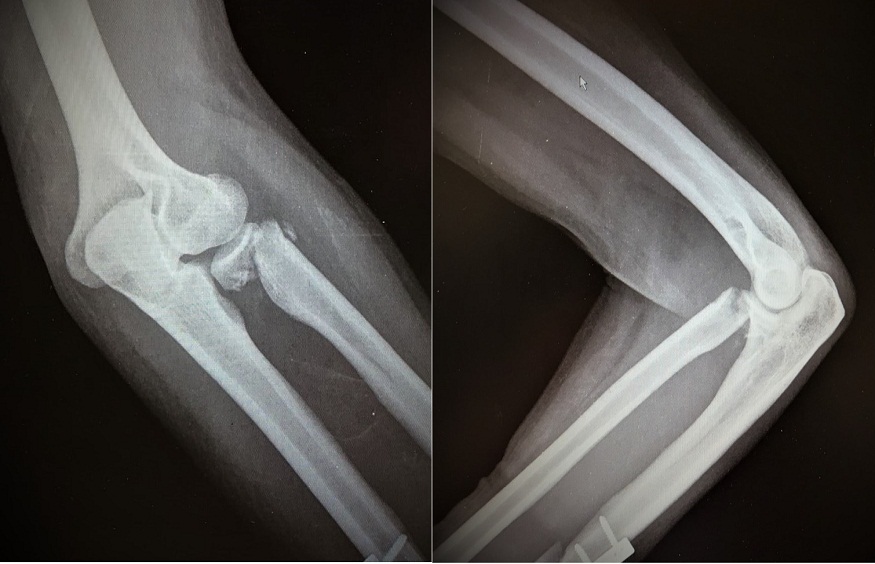Non-union fractures can be a challenging puzzle. Orthopedic surgeons play a key role in solving it. When bones refuse to heal, experts step in to guide recovery. From assessing the damage to crafting a treatment plan, their involvement is essential. These professionals offer hope and healing. Just as Las Vegas neck pain requires careful attention, non-union fractures demand the same dedication. Understanding the intricacies helps ensure the best outcomes.
Understanding Non-Union Fractures
A non-union fracture occurs when a broken bone fails to heal. This often results in prolonged pain and loss of function. The reasons vary, including inadequate stabilization, poor blood supply, or infection. These factors create a complex scenario that requires specialized care. Orthopedic surgeons address these challenges by assessing the root causes and planning individualized treatments.
Role of Orthopedic Surgeons
Orthopedic surgeons bring a wealth of knowledge and experience. Their involvement includes:
- Diagnosing the extent of the fracture.
- Evaluating previous treatment attempts.
- Designing a comprehensive plan for healing.
Each step is crucial in moving towards recovery. Surgeons use advanced imaging and diagnostic tests to understand the fracture’s condition. By doing so, they tailor treatment to meet specific needs.
Treatment Approaches
For non-union fractures, treatment often involves surgical intervention. Methods include bone grafting, internal fixation, or external devices. The choice depends on the fracture’s location and severity. Surgeons work diligently to ensure the best possible outcomes through a personalized approach.
| Method | Description | Benefits |
| Bone Grafting | Transplanting bone tissue to aid healing. | Promotes new bone growth. |
| Internal Fixation | Using metal plates or screws for stability. | Provides immediate support. |
| External Devices | Applying frames or braces outside the body. | Stabilizes without surgery. |
Each method is carefully considered to match the fracture’s characteristics. This tailored strategy leads to more effective healing and lessens complications.
Recovery and Follow-Up
Post-surgery care is essential for success. Regular follow-up visits allow surgeons to monitor progress. Adjustments can be made to treatment plans if necessary. It’s important to follow the prescribed rehabilitation exercises to regain strength and mobility.
Staying informed about care practices is key. The National Library of Medicine provides resources on fracture care. A well-structured rehabilitation program is vital for long-term success. With proper guidance, most patients can resume their daily activities.
The Path Forward
Overcoming a non-union fracture requires patience and determination. The involvement of orthopedic surgeons significantly impacts the healing process. With precision and expertise, they navigate the complex journey to recovery. By understanding the importance of each treatment step, patients can feel confident in their care plan.
Advancements in orthopedic techniques continue to improve outcomes. As research progresses, new methods emerge, enhancing the healing experience. Staying informed about these developments can aid in making educated decisions.
In conclusion, the role of orthopedic surgeons in treating non-union fractures is indispensable. Their comprehensive approach and dedication to patient care make a significant difference. By embracing the latest techniques and maintaining a strong focus on patient needs, these professionals provide crucial support on the path to health.

